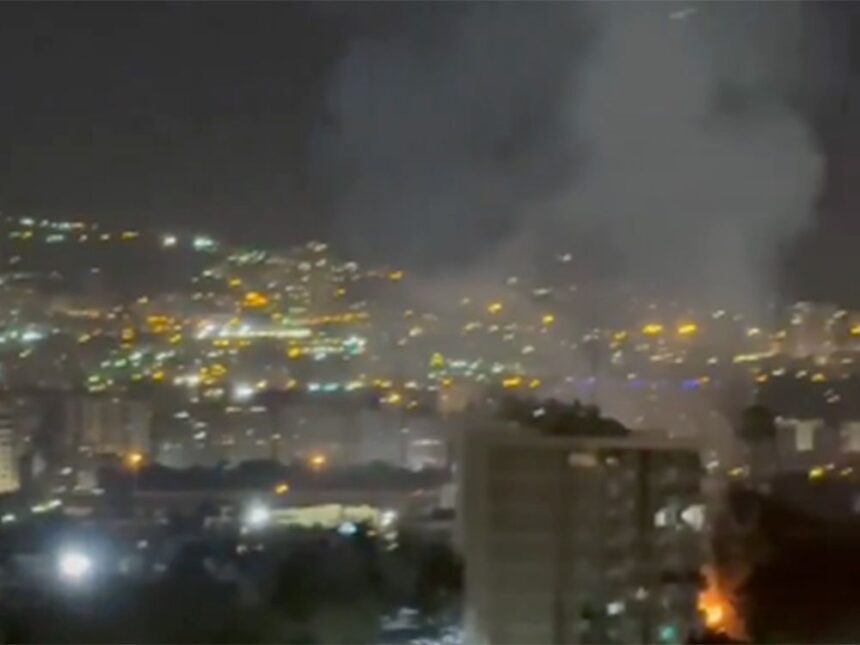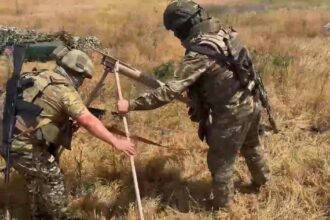In a dramatic escalation that has sent shockwaves across the Middle East, Israeli forces reportedly conducted precision strikes against Iran’s nuclear facilities overnight, targeting key infrastructure in what officials describe as a “preventative measure against imminent threats.” The operation, which involved both air and cyber components, marks a significant turning point in the increasingly volatile relationship between the two regional powers.
The strikes specifically targeted the Natanz uranium enrichment facility and the Fordow fuel enrichment plant, both critical components of Iran’s nuclear program. According to intelligence sources speaking on condition of anonymity, the operation was executed following what Israel claims was “conclusive evidence” that Iran had accelerated uranium enrichment to near-weapons-grade levels in recent weeks.
“We had no choice but to act decisively,” stated Israeli Defense Minister during an emergency press briefing. “Our intelligence confirmed that Iran was rapidly approaching a point of no return in its nuclear capabilities, presenting an existential threat to Israel and regional stability.”
Iranian officials have vehemently denied these allegations, calling the strikes “an act of war” and “blatant violation of international law.” In an emergency meeting of the United Nations Security Council, Iran’s representative condemned the attack and called for immediate sanctions against Israel, while maintaining that their nuclear program remains exclusively for peaceful purposes.
The timing of the strikes coincides with heightened tensions following months of proxy conflicts involving Iranian-backed groups in Gaza, Lebanon, and Syria. Military analysts from the International Institute for Strategic Studies suggest the operation was likely planned for months, taking advantage of Iran’s currently stretched defensive capabilities across multiple fronts.
International reaction has been swift but divided. The United States expressed “deep concern” while acknowledging Israel’s right to self-defense, whereas European leaders have called for immediate de-escalation. Russia and China have jointly condemned the strikes, warning of “catastrophic consequences” if the conflict expands further.
Oil prices surged over 8% in early trading as markets responded to the potential for broader regional conflict, particularly concerns about possible Iranian retaliation against shipping lanes in the Strait of Hormuz, through which approximately 20% of the world’s oil supply passes daily.
The International Atomic Energy Agency (IAEA) has requested immediate access to the affected sites to assess damage and monitor any radiation releases. However, preliminary satellite imagery analysis indicates the strikes were conducted with extraordinary precision, potentially limiting environmental impact while maximizing damage to specific technical infrastructure.
Military experts suggest Israel likely employed a combination of advanced bunker-buster munitions and sophisticated cyber warfare tools, similar to the Stuxnet attack that damaged Iranian centrifuges in 2010. The operation demonstrates significant intelligence penetration and tactical superiority that may have set back Iran’s nuclear capabilities by “several years,” according to preliminary assessments.
As tensions continue to escalate, the fundamental question remains: Will this strike ultimately increase regional security by delaying Iran’s nuclear ambitions, or will it trigger an unprecedented cycle of retaliation that could engulf the entire Middle East in a wider conflict that no side can truly control?










